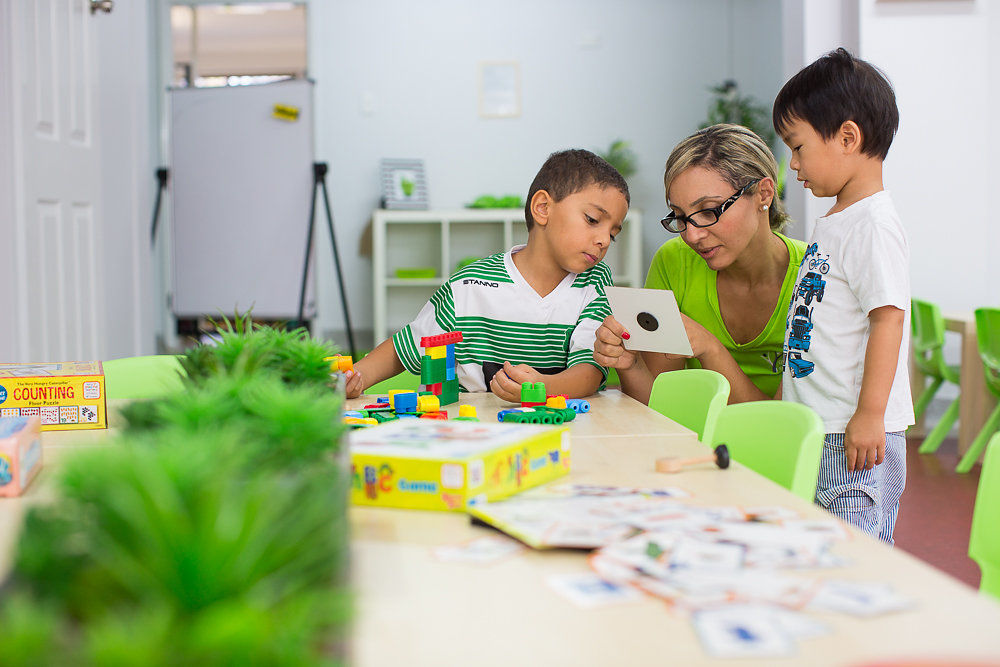It’s exciting to watch young children learn and flourish – everything is brand new and interesting for them, and that kind of enthusiasm is a joy to see.
But did you know that young children of preschool age learn best through educational play? That’s because growing minds are like little sponges; they’re continually absorbing critical information through every activity they undertake.
In fact, exposing your kids to fun, early educational experiences regularly can:
- Encourage the development of vital life skills such as communication, collaboration and problem-solving that help them thrive as they grow.
- Set them up for further educational success. Learning games make it easier for kids to engage with English, languages, maths, science and social studies later in life.
- Teach them how to enjoy physical rather than screen activities. Games that focus on real-world interaction and promote a broad range of activities teach essential lessons about agency and social adaptability in today’s ubiquitous digital age.
You can help guide your child’s developmental brain and teach literacy and numeracy skills with the following games:
- Play Pairs. Matching skills are important to help get your little ones ready for school. Pairing games explain logical reasoning in a fun yet challenging way. They're also so easy to do at home – merely grab some everyday items that work together, like shoes and socks, bottles and cups, dish and spoon, knife and fork. Mix everything up and ask your child to match up each item with its partner.
- Simon Says. An oldie but a goodie call-and-response game that also helps your preschooler learn how to take directions! Perfect for three-year-old attention spans, memory, self-control, gross motor and listening, studies show preschoolers who play these type of games develop arithmetic and literacy skills earlier. Play Simon Says with at least three people, with one designated as the leader who tells players what to do next (for example, jump or pat your head). Players should only follow commands that start with the phrase, “Simon says.” The trick is to stay in the game for as long as possible.
- “I Can”. Learning emotional intelligence is as critical a skill for pre-schoolers (especially those who are used to being the centre of attention at home) as academic ability. Games that help four-year-olds build strong characters and resilient personalities foster an emerging sense of themselves and teach them to be kind to others. In “I Can” each player takes turns announcing and demonstrating something they can do – for example, count to five, hop on the spot, spell their name, or dance. The sense of pride little ones feel after sharing their skills, in turn, builds better self-esteem and self-belief.
- Tick-tock! Learning to tell the time correctly is a lesson in interactive maths. It sets up pre-schoolers to understand that numeracy has significant real-world implications – and it’s super fun for curious little minds! Use an analogue clock (it can be a toy clock or a working one) to help teach them about seconds, minutes and hours. Demonstrate why the big hand is the minute hand and the small hand the hour hand and don't forget to explain the concept of half and quarter hours. Pretty soon they’ll be remembering how to tell the time in… ahem… no time at all!

